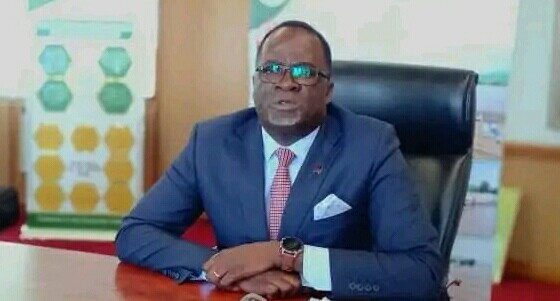
Kumwenda
Electricity Supply Corporation of Malawi (ESCOM) chief executive officer Kamkwamba Kumwenda bloated figures when he claimed that ESCOM buys electricity at K140 per kilowatt hour (kwh).
Parliamentary Committee on Natural Resources and Climate Change chairperson Welani Chilenga and two other people in the energy sector have revealed this in an interview with the local media.
Earlier this month, Kumwenda claimed that ESCOM buys electricity from power producers at K140 per kilowatt per hour and sells the same to end-user consumers at K104 per kilowatt hour.
He added that this arrangement has seen ESCOM losing K112 billion since 2018. he then appealed for a hike in tariff.
“Members of Parliament should be objective on this issue. If Malawians want electricity, they need to pay for it; otherwise, we will close offices because we are not making profits,” he said.
However, Parliamentarian Welani Chilenga has revealed that ESCOM buys power at an average of K59.2 per kwh, and not K140 as claimed by Kumwenda.
Speaking to The Weekend Nation, Chilenga said ESCOM is buying power from Wovwe power station at K18.61 per kwh, Tedzani at K25.37, Kapichira at K29.37, Nkula A K30.30, Nkula B K47.74, JCM Salima at K87.48, JCM Golomoti K106.10 and Mulanje Hydro K128.90.
He argued that the electricity supplier is actually making profits and not losses as claimed by Kumwenda.
“Nobody can dispute these figures, and it is strange that Escom is telling Malawians that it are buying power at K140 per kwh, how is that possible?” wondered Chilenga.
His figures were confirmed by officials from Electricity Generation Company and Malawi Energy Regulatory Authority (MERA) who also spoke to The Weekend Nation.
“Truth is that, 98 percent of the power EGENCO sells to Escom is at between 18 and 24 per kwh,” the EGENCO official said.
When asked for clarification, Kumwenda argued that the issues are technical, saying the current tariff methodology is based on dispatched capacity, and not available capacity.
He added that ESCOM owes EGENCO K83 billion for energy not delivered since 2018.
Meanwhile, ESCOM together with Power Market Limited have applied for a 99 electricity tariff increase for the next four years, starting with an 80 percent hike this year.
The proposed hike comes as a ESCOM is struggling to provide reliable power to consumers, with the country currently experiencing blackouts lasting over six hours.
Follow us on Twitter:














